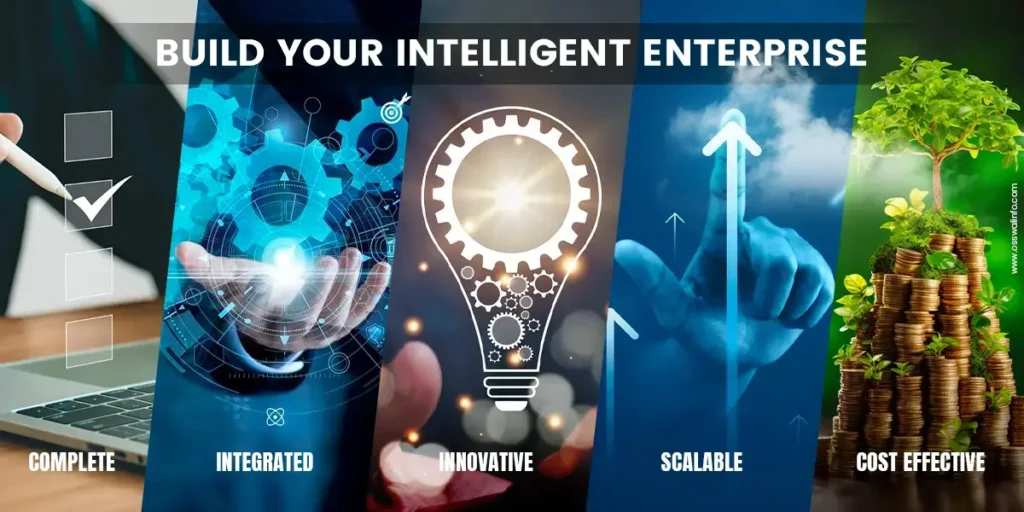Implementing SAP (Systems, Applications, and Products) can transform an organization, streamlining operations and enhancing overall efficiency. However, SAP deployment often comes with challenges, primarily related to user adoption. Turning these challenges into triumphs requires a strategic approach prioritizing user engagement, training, and ongoing support. Here’s a guide on how to navigate and overcome SAP deployment […]
SAP implementation
SAP implementation follows a structured methodology to ensure successful planning, execution, and deployment of SAP solutions. The exact phases can vary depending on the specific use and the nature of the project, but generally, SAP implementations adhere to a standard approach. An SAP deployment takes a lot of time, often several months or even a
Phases of the SAP Implementation Project: SAP Implementation Methodology Read More »


